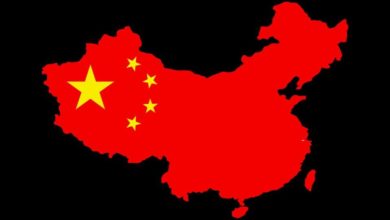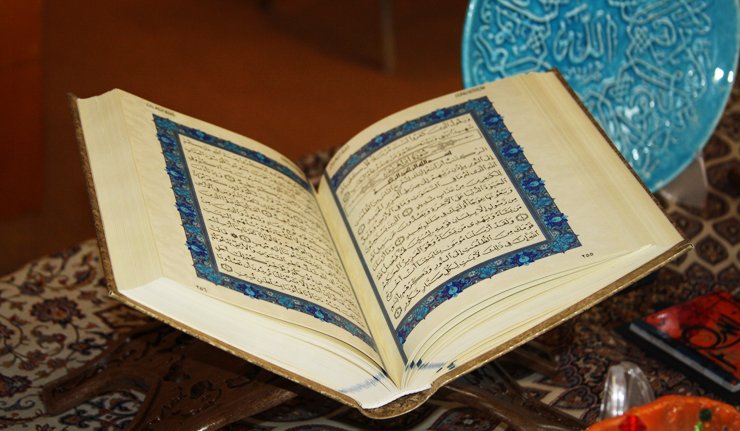حزب التجمع الدستورى الديمقراطى فى تونس: نموذج لنظام الحزب الواحد المهيمن
The Democratic Constitutional Party in Tunisia: Model of a dominant one-party system

اعداد : د. عصام أيوب – كليات التقنية العليا – الإمارات العربية المتحدة
المركز الديمقراطي العربي : –
-
مجلة العلوم السياسية والقانون : العدد الثالث والأربعون آذار – مارس 2025 – المجلد 11 – وهي مجلة دولية محكمة تصدر عن #المركز_الديمقراطي_العربي المانيا- برلين.
- تُعنى المجلة في الدراسات والبحوث والأوراق البحثية عمومًا في مجالات العلوم السياسية والعلاقات الدولية،والقانون والسياسات المقارنة، والنظم المؤسسية الوطنية أو الإقليمية والدولية.
Nationales ISSN-Zentrum für Deutschland
Journal of Political Science and Law
للأطلاع على البحث من خلال الرابط المرفق : –
ملخص :
تبنت تونس التعددية الحزبية منذ عام 1981، و ذلك بعد أن كان نظام الحزب الواحد هو السائد منذ الاستقلال، حيث ألغى الرئيس بورقيبة بعد استقرت دعائم حكمه الأحزاب السياسية عدا الحزب الدستورى الحاكم، والذى استند عليه لإدارة وحكم البلاد، إلى أن سمح بتشكيل أحزاب سياسية وفق شروط معينة، و عندما تولى الرئيس زين العابدين بن على الحكم أعلن تمسكه بالخيار الديمقراطى وبالتعددية الحزبية والسياسية، وبالفعل زادت أعداد الأحزاب السياسية الى تشكلت فى عهده، ولكن ظلت المزيد من القيود الدستورية والقانونية والإدارية والواقعية مفروضة على أنشطتها بحيث ظل الحزب الدستورى هو المسيطر على العملية السياسية من الناحية الفعلية، و بذلك قد لا يكون مستغربًا أن الحزب الدستورى الحاكم ظل هو المسيطر و المهيمن على العملية السياسية فى تونس منذ الاستقلال و حتى إنهيار نظام الرئيس زين العابدين بن على في يناير من عام 2011، حيث تم حل الحزب بعد سقوط نظام الرئيس بن علي
Abstract
Tunisia adopted multi-party politics in 1981, after a one-party system had been prevalent since independence, President Bourguiba, after the foundations of his political regime had been established, abolished all political parties except for the ruling Constitutional Party, which he relied on to manage and govern the country, He then allowed the formation of political parties under certain conditions.
When President Zine El Abidine Ben Ali assumed power, he declared his commitment to the democratic option and to multi-party and political politics, Indeed, the number of political parties formed during his reign increased, but more constitutional, legal, administrative and practical restrictions remained imposed on their activities, so that the Constitutional Party remained the one that controlled the political process in reality. Thus, it may not be surprising that the ruling Constitutional Party remained the one that controlled and dominated the political process in Tunisia since independence until the collapse of President Zine El Abidine Ben Ali’s regime in January 2011, when the party was dissolved after the fall of President Ben Ali’s regime.
This paper will display the circumstances of the Foundation of the Democratic constitutional Party, and how this part domain the political process in Tunisia, until the collapse of President Zine El Abidine Ben A




